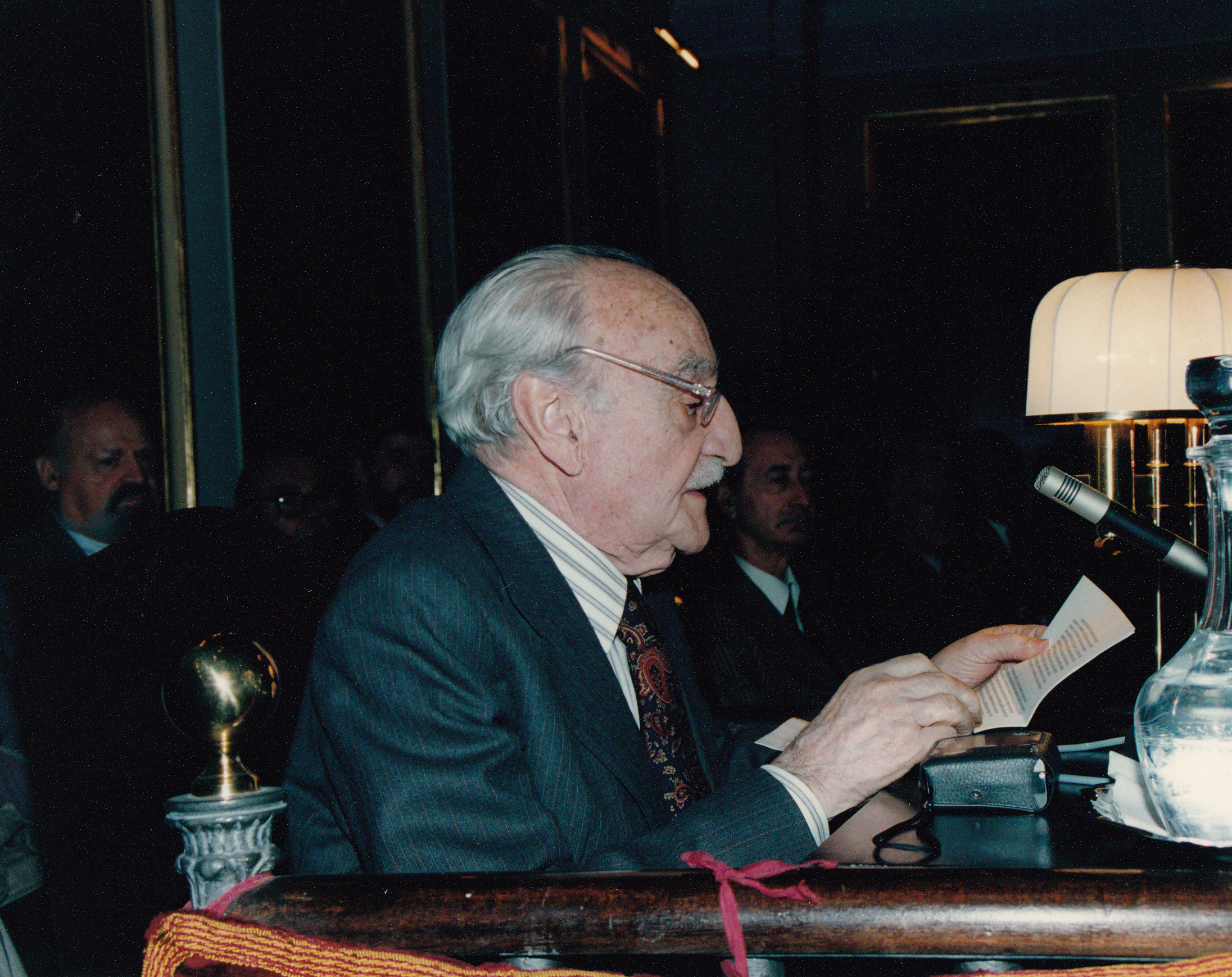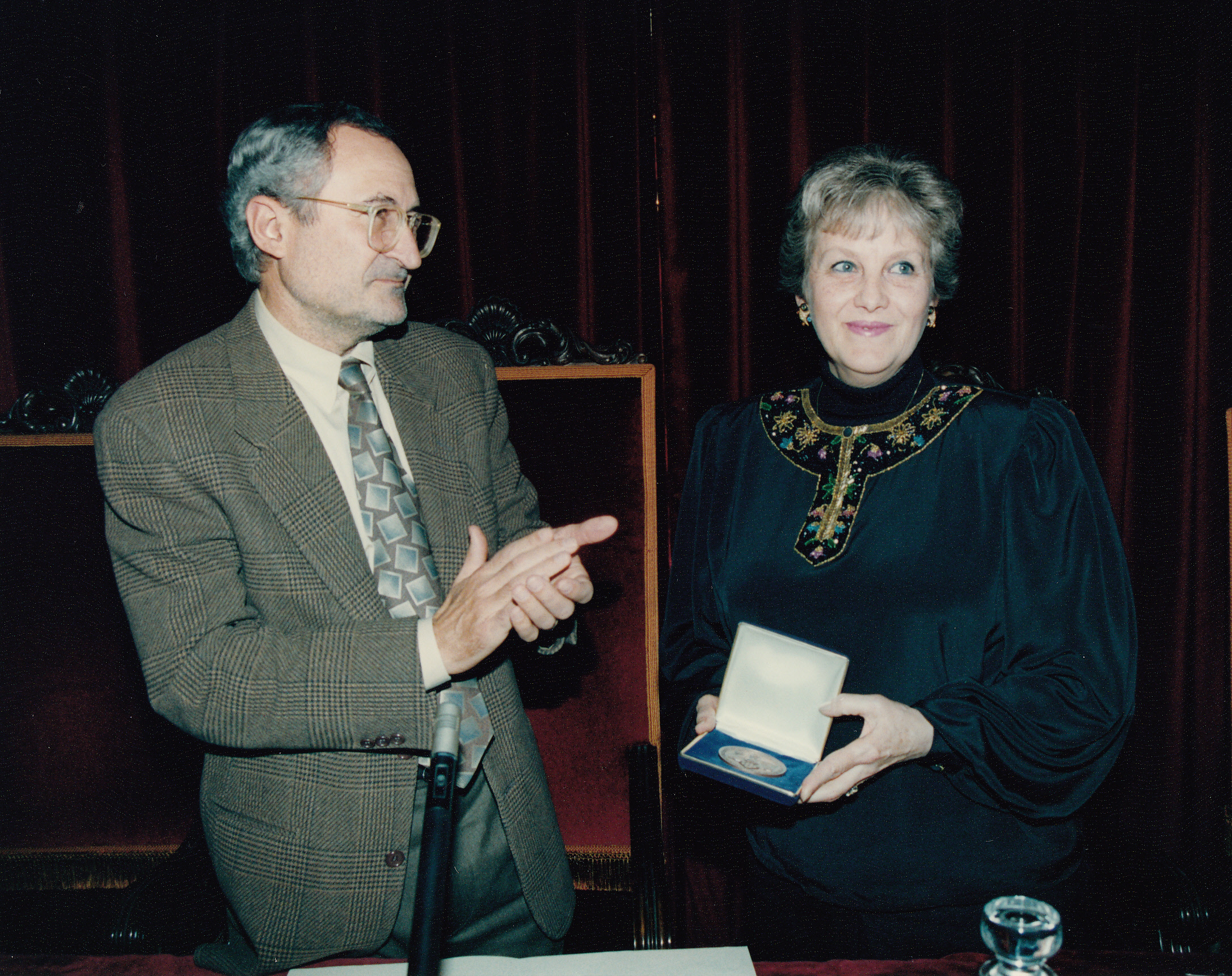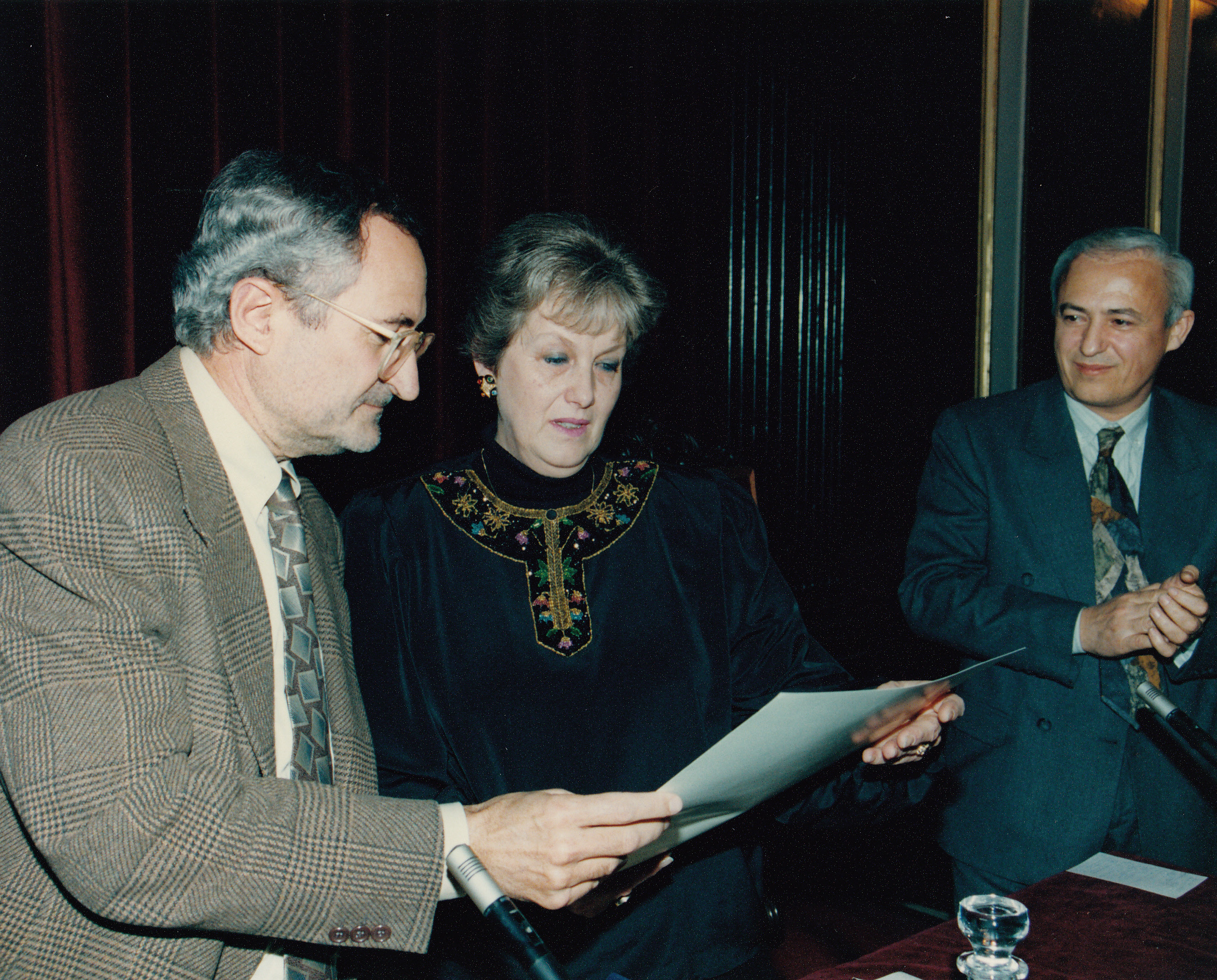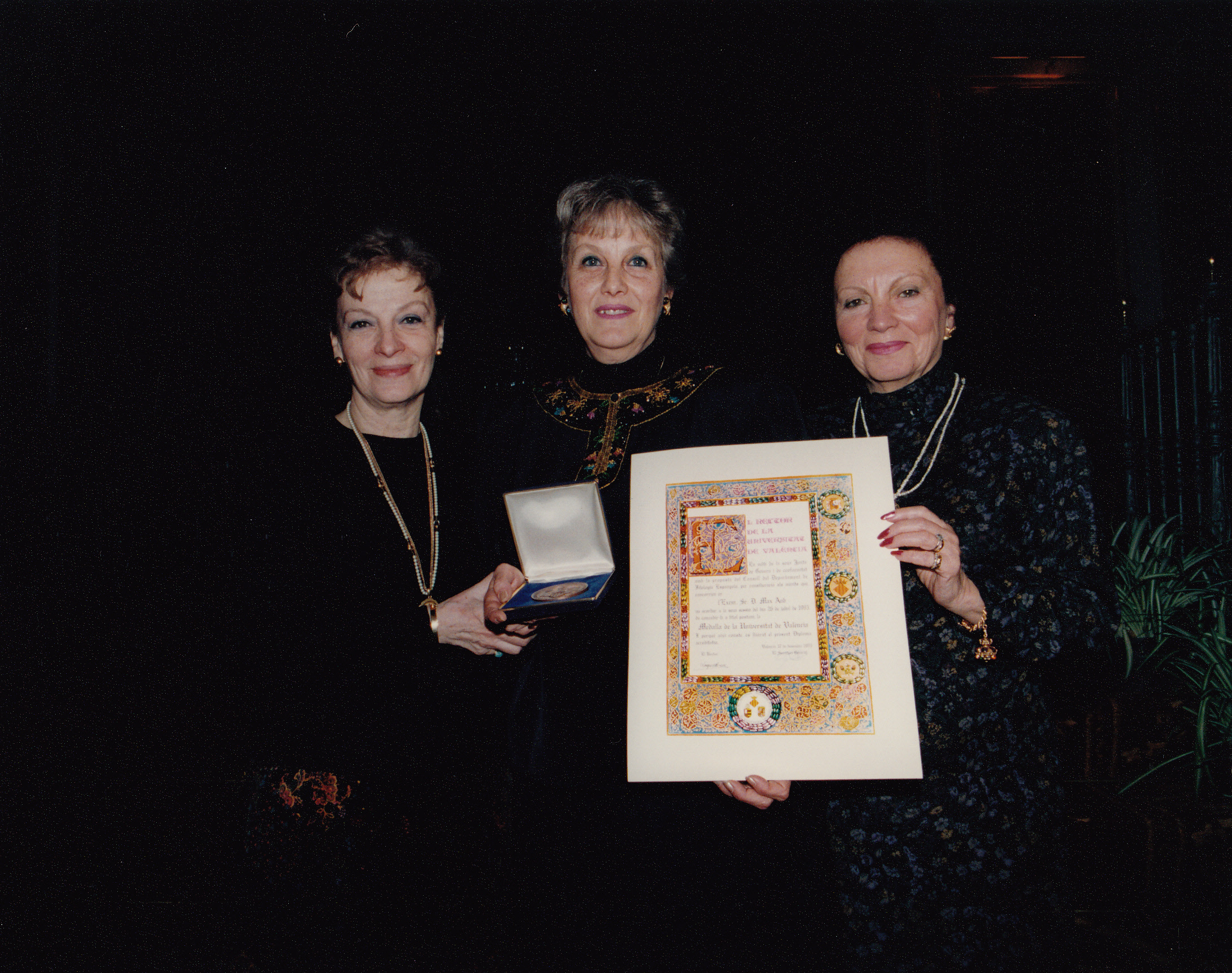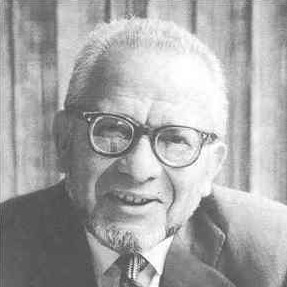
Date of granting: 26 july 1993.
Date of deliverance: 17 december 1993.
In 23 November 1929 he joins as a militant in the PSOE of Valencia with the number 65.
In 1933, he publishes in the Modern Print of Valencia Fábula Verde. He writes articles for the newspaper Luz de Madrid and in Valencia is director of the socialist newspaper Verdad.
From 1934 to1936 he is director of El Búho, the university theatre company of Valencia organised by the FUE, that performed plays of Cervantes, Valle Inclán, Rafael Alberti, as well as some of the plays of Max Aub.
He publishes Luis Álvarez Petreña and Yo Vivo. In 1935 he writes in Valencia Jácara del Avaro for the Pedagogic Missions.
In February 1936 he participates in the electoral campaign with El agua no es del cielo and performing for the first time in the Teatre Principal Las dos hermanas, in reference to the UGT and the CNT. As of December 1936 to July 1937 he is Cultural Manager of the Spanish Embassy in Paris.
In 1938 he adapts La madre, by M. Gorki. And until the end of January 1939 he is director with André Malraux -commissioned by the Spanish government- the movie Sierra de Teruel based in the novel by L'Espoir .
With the end of the war he began his era of persecution, prison and exile. From 1939 to 1942, he was in different prisons and concentration camps. "In March 1940, by a complaint, possibly anonymous, he was arrested, who later on I knew he was a communist". Imprisoned in April 1940, in the field of Roland Garrós. From 1941 to July 1942, approximately during nine months, he suffered humiliations and hazings in the concentration camp of Djelfa, in Algeria. In September 1942 he travelled at last to Mexico.
One of his most outstanding works is El laberint màgic a journey through the Spanish Civil War, composed by Camp tancat, Camp de sang, Camp obert, Camp del Moro, Camp francès and Camp dels ametllers.



